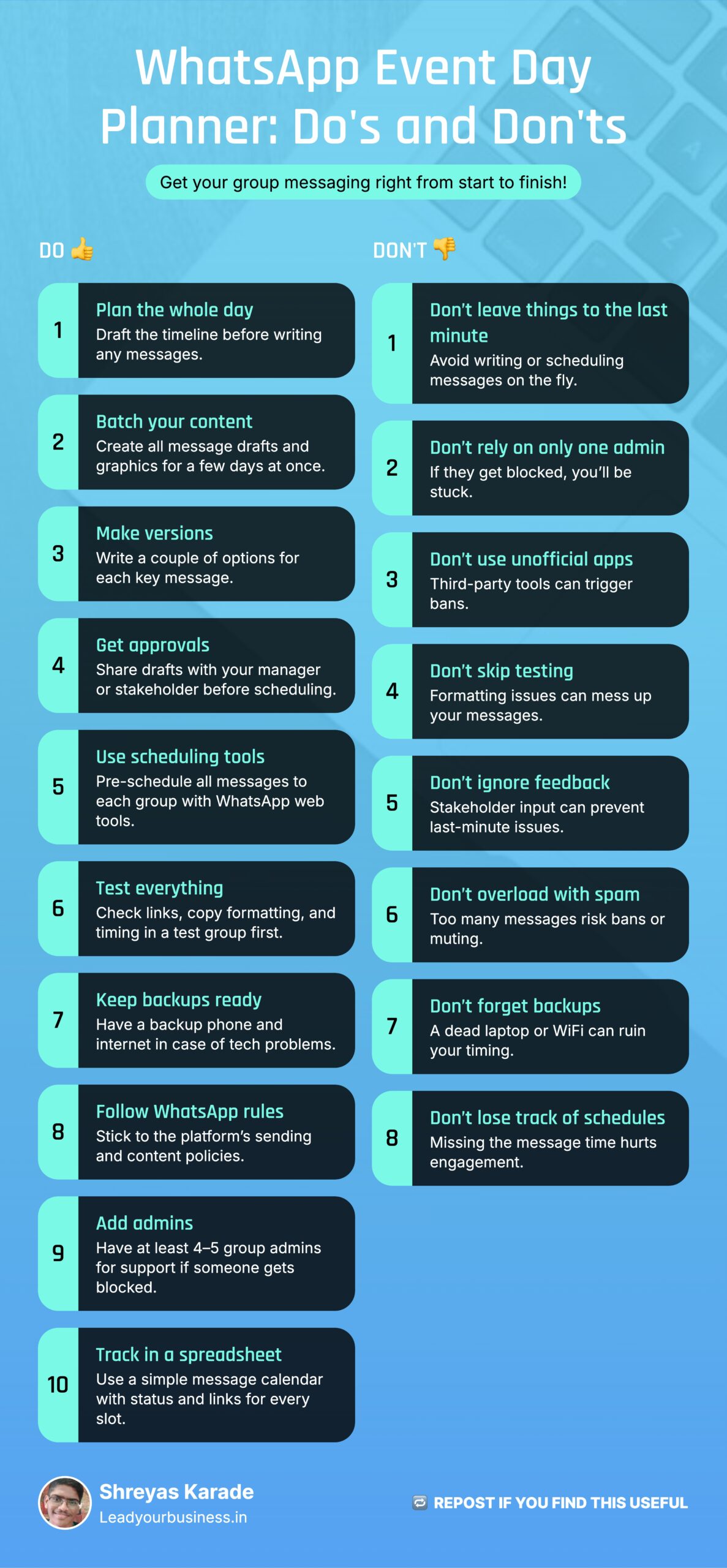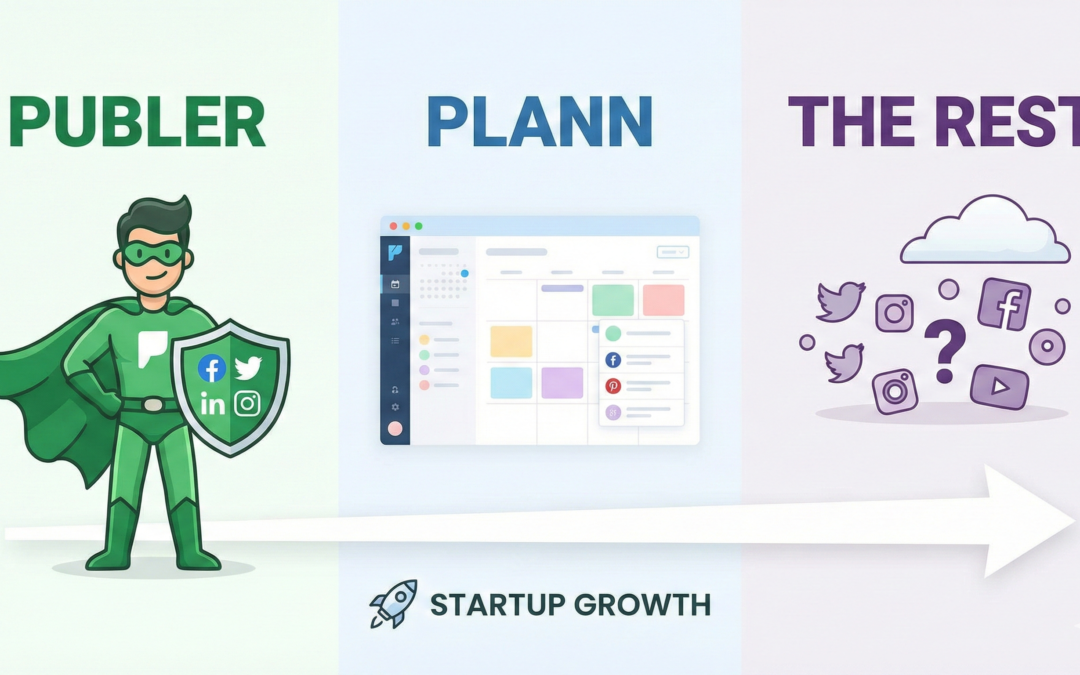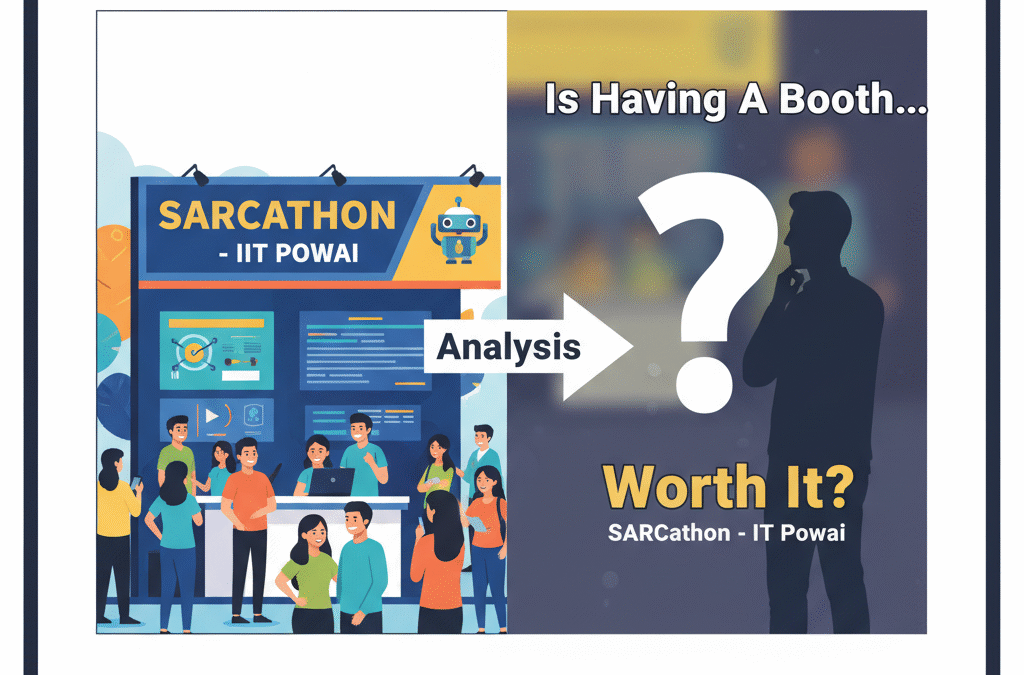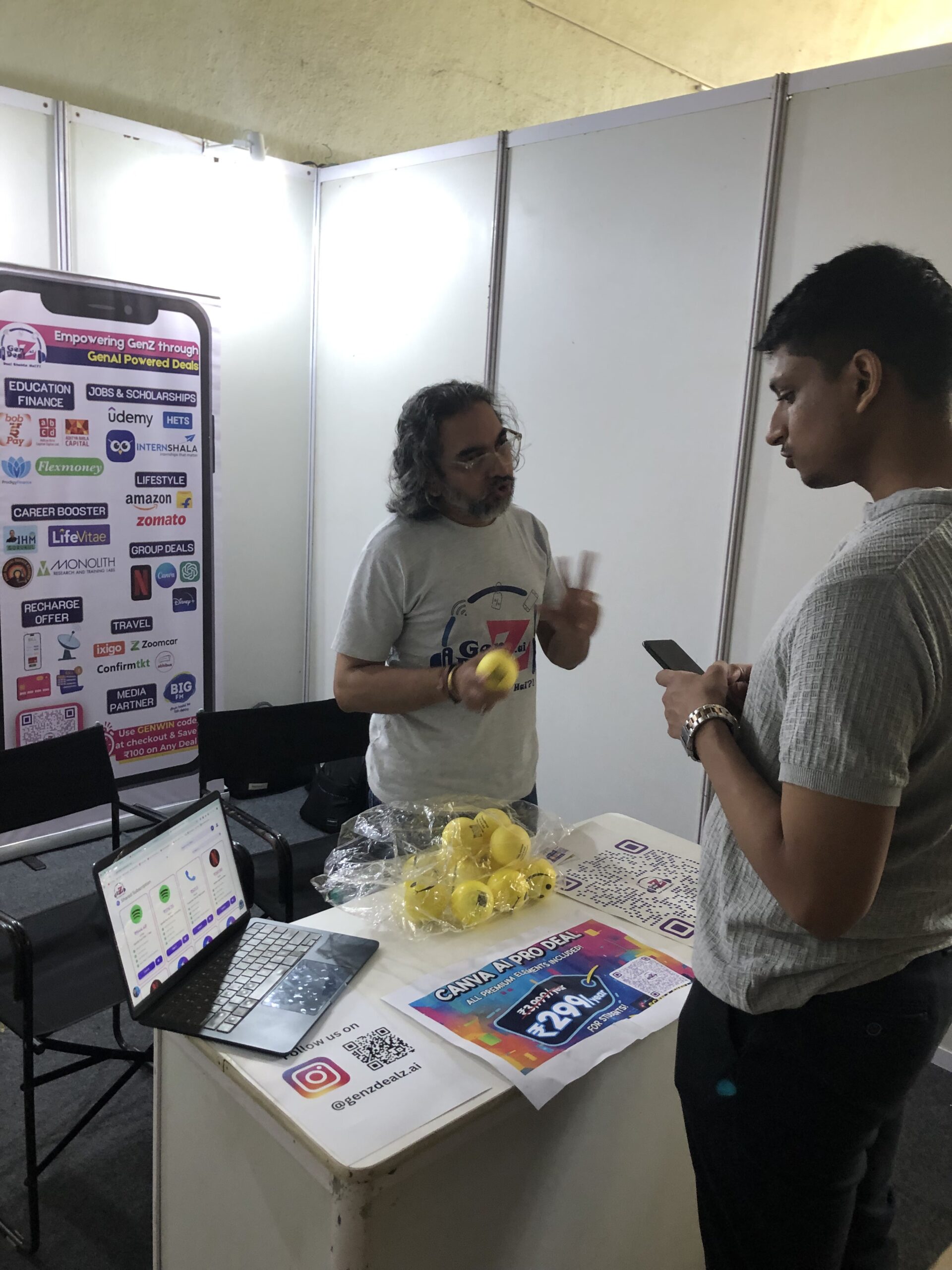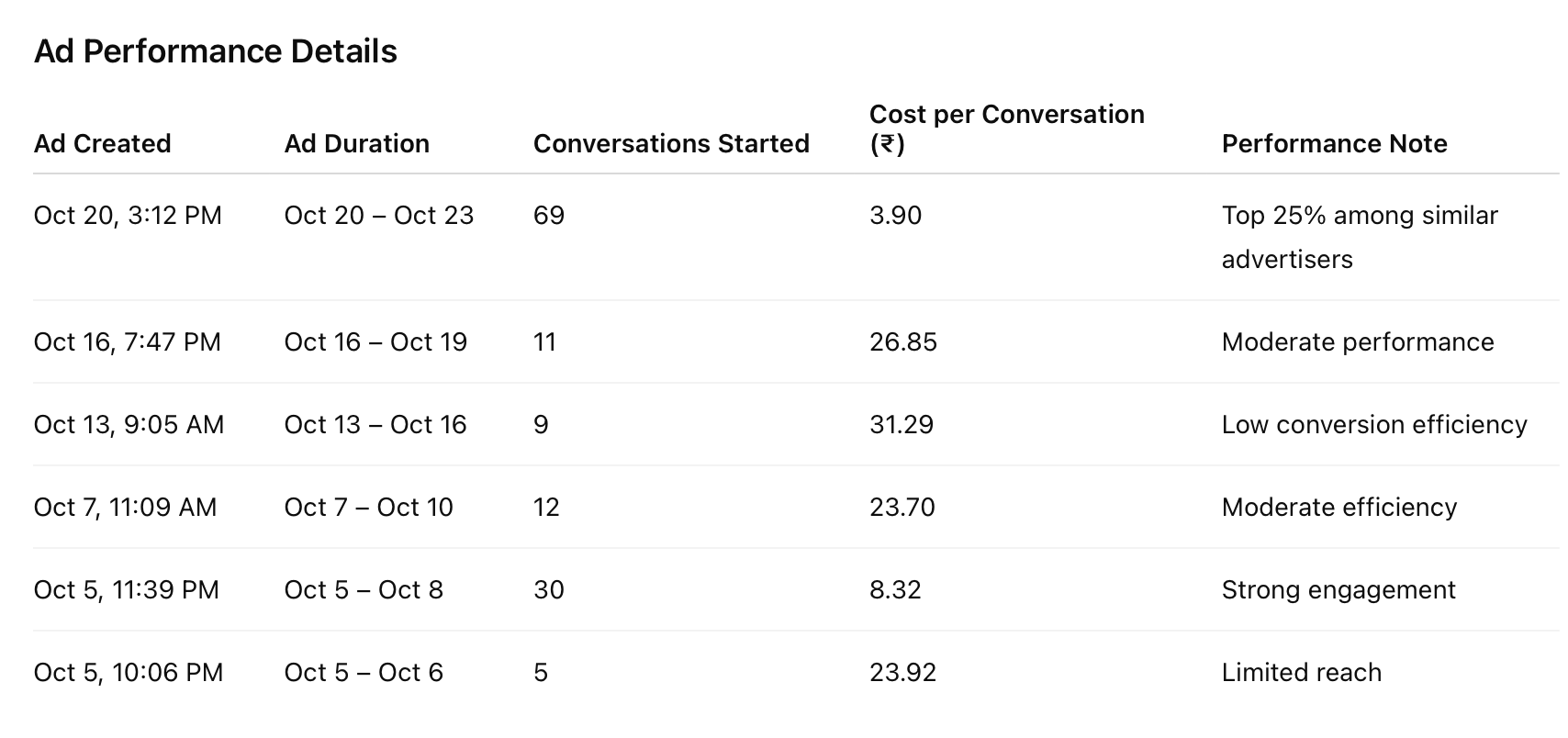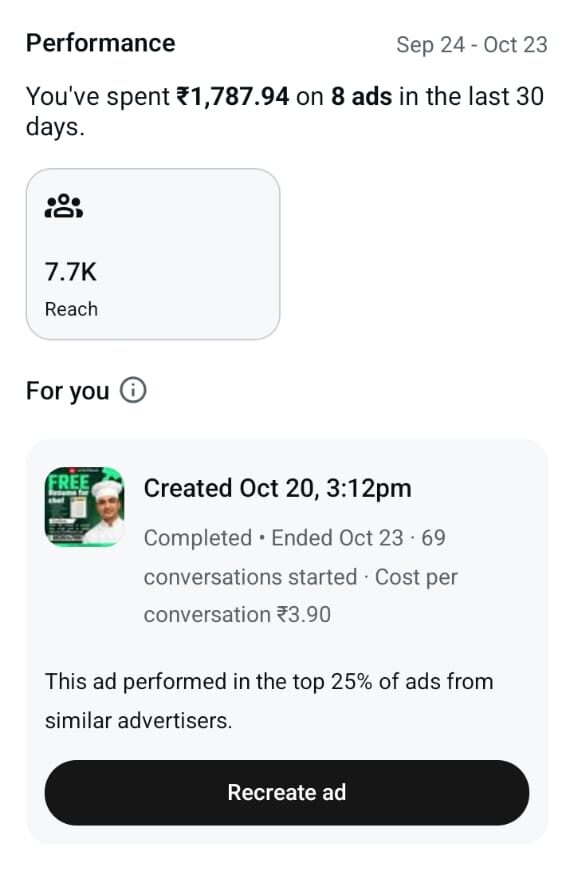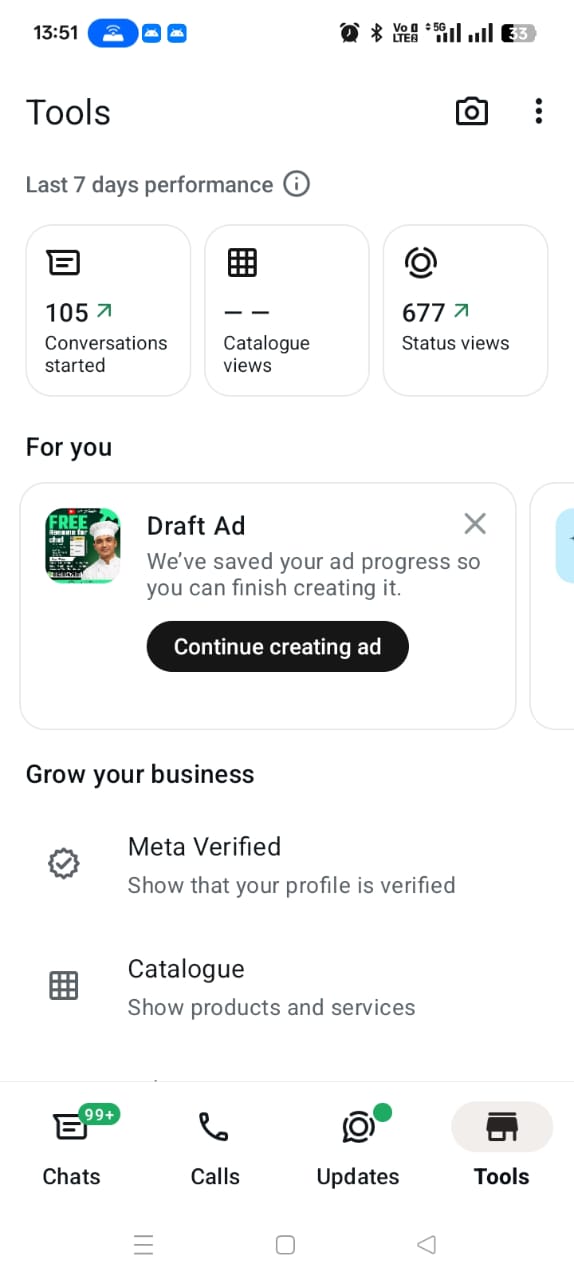Social Media Marketing Tools: My Real Experience Using Them as a Marketer
Social media marketing tools are often promoted as ways to boost productivity, hack growth, and save time. After using them daily to manage brand pages, campaigns, and content calendars, I’ve realised that while these tools can simplify tasks, they also have limitations that are often overlooked.
Here’s my honest experience with the most common social media marketing tools: the good, the bad, and the lessons learned.
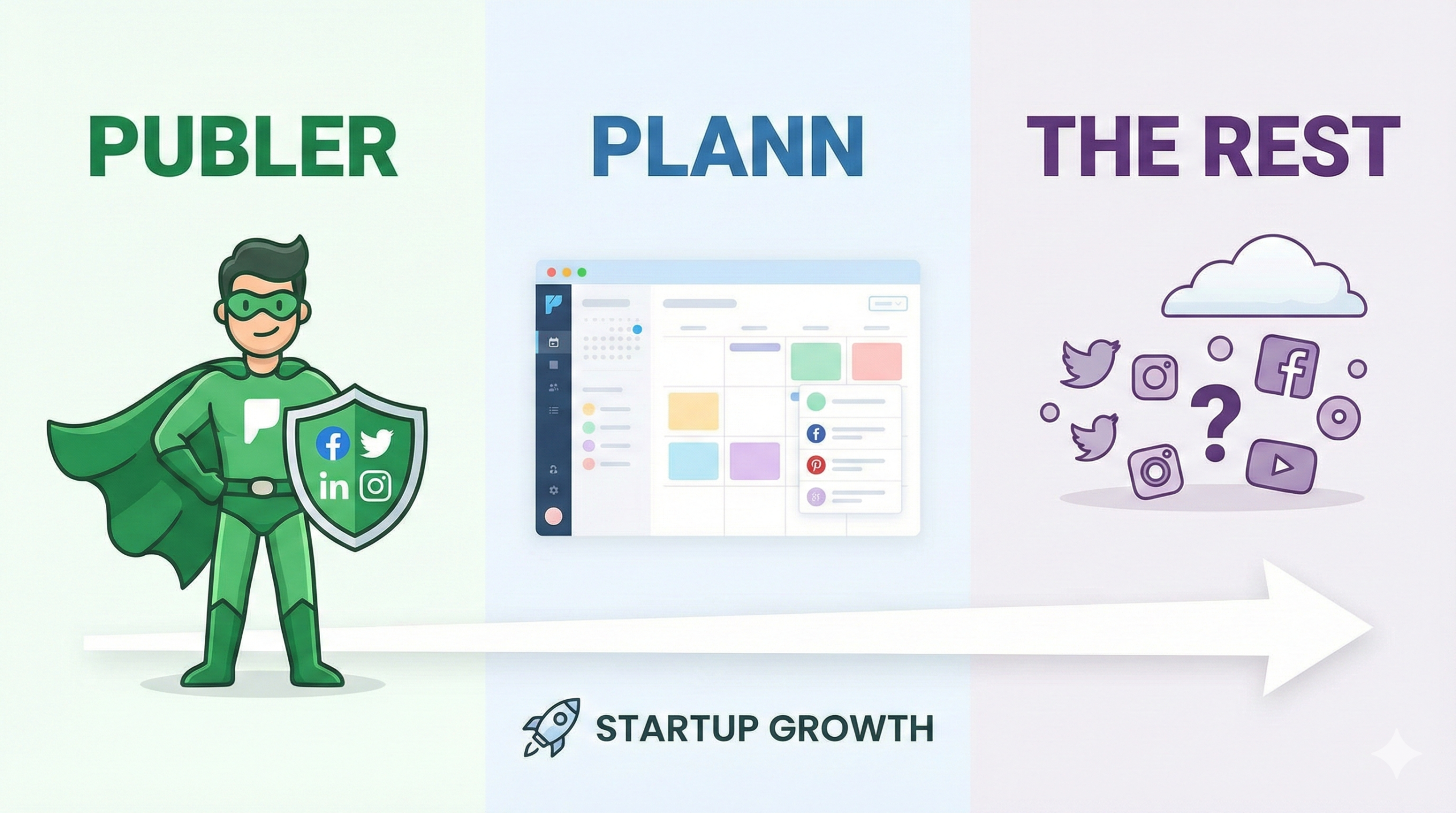
A. Content Creation Tools: Fast, Flexible, but Easy to Overdo
Tools like Canva and Adobe Express quickly became my daily go-tos. I appreciated how quickly I could create posts, stories, and ads in minutes rather than hours. The templates are a lifesaver when deadlines are tight, and the paid features help keep brand consistency with saved colours, fonts, and logos.
However, these tools can lead to a creative pitfall. Too many templates can make content repetitive, and it’s easy to overdo the designs. Early on, I focused more on looks than messaging, which hurt engagement. The tool worked great, but my approach didn’t.
Benefits:
– Fast design
– Beginner-friendly
– Great for brand consistency
Troubles:
– Risk of generic-looking content
– Creative overuse
B. Scheduling & Management Tools: Massive Time-Savers with a Catch
Using tools like Buffer, Hootsuite, Later, and Sprout Social completely transformed how I managed content. Scheduling posts in advance helped me stay consistent, reduced daily stress, and allowed me to focus on strategy rather than constant reminders.
What I didn’t like was the false sense of security. I once scheduled posts weeks in advance and forgot to monitor real-time events, resulting in poorly timed content during a sensitive period. Another issue was platform limitations; some features, like trending audio or story stickers, still need manual posting.
Benefits:
– Consistency
– Better planning
– Centralised dashboards
Troubles:
– Context blindness
– Limited platform-native features
C. Analytics Tools: Eye-Opening but Sometimes Overwhelming
Analytics tools such as Instagram Insights, Sprout Social, and Google Analytics revealed how audiences behave, often in ways that differed from my assumptions. I liked how clearly they showed what content worked and which platforms delivered results.
The downside? Data overload. I tried to track everything and ended up understanding nothing. Another mistake was focusing on vanity metrics like likes instead of meaningful actions like saves, clicks, or conversions. Analytics tools are powerful, but only when you know which numbers are important.
Benefits:
– Clear performance tracking
– Data-backed decisions
Troubles:
– Too much data
– Risk of misinterpreting metrics
D. Paid Advertising Tools: Powerful, Precise, and Unforgiving
Using Meta Ads Manager and LinkedIn Ads was both exciting and nerve-wracking. I loved the targeting options, A/B testing, and budget control. These tools are great for expanding reach and generating leads.
What I didn’t like was how quickly mistakes could become costly. Poor targeting, weak creatives, or missing tracking setups led to wasted money. Paid tools don’t allow for experimentation without consequences—you pay to learn.
Benefits:
– High reach
– Precise targeting
– Measurable results
Troubles:
– Steep learning curve
– Budget loss if misused
E. Social Listening Tools: Useful but Often Underused
Tools like Brand24 and Mention helped me grasp conversations beyond my feed. I valued how they highlighted brand mentions and sentiment in real time.
The challenge? They require regular attention. Without active monitoring, insights might go unused. Additionally, for smaller brands, the cost may not always seem justified.
Benefits:
– Reputation tracking
– Customer insight
Troubles:
– Time-consuming
– Cost vs value concerns
Final Thoughts
As a social media marketer, I’ve learned that tools don’t make successful decisions; it’s the decisions themselves that matter. Free tools are surprisingly effective, paid tools offer value when used intentionally, and experience fills in gaps that no tool can. The key is balance: use tools to support strategy, not replace thought.

